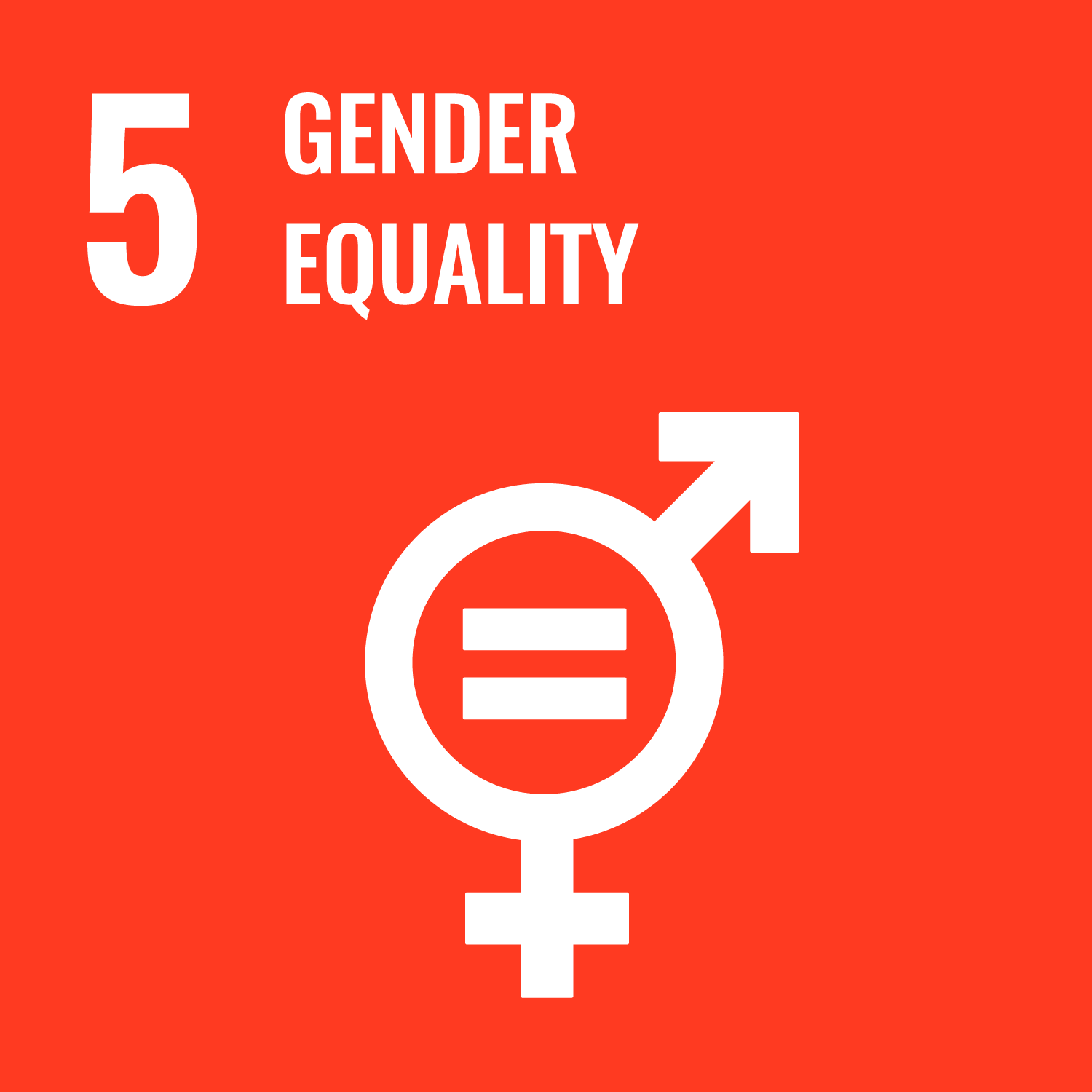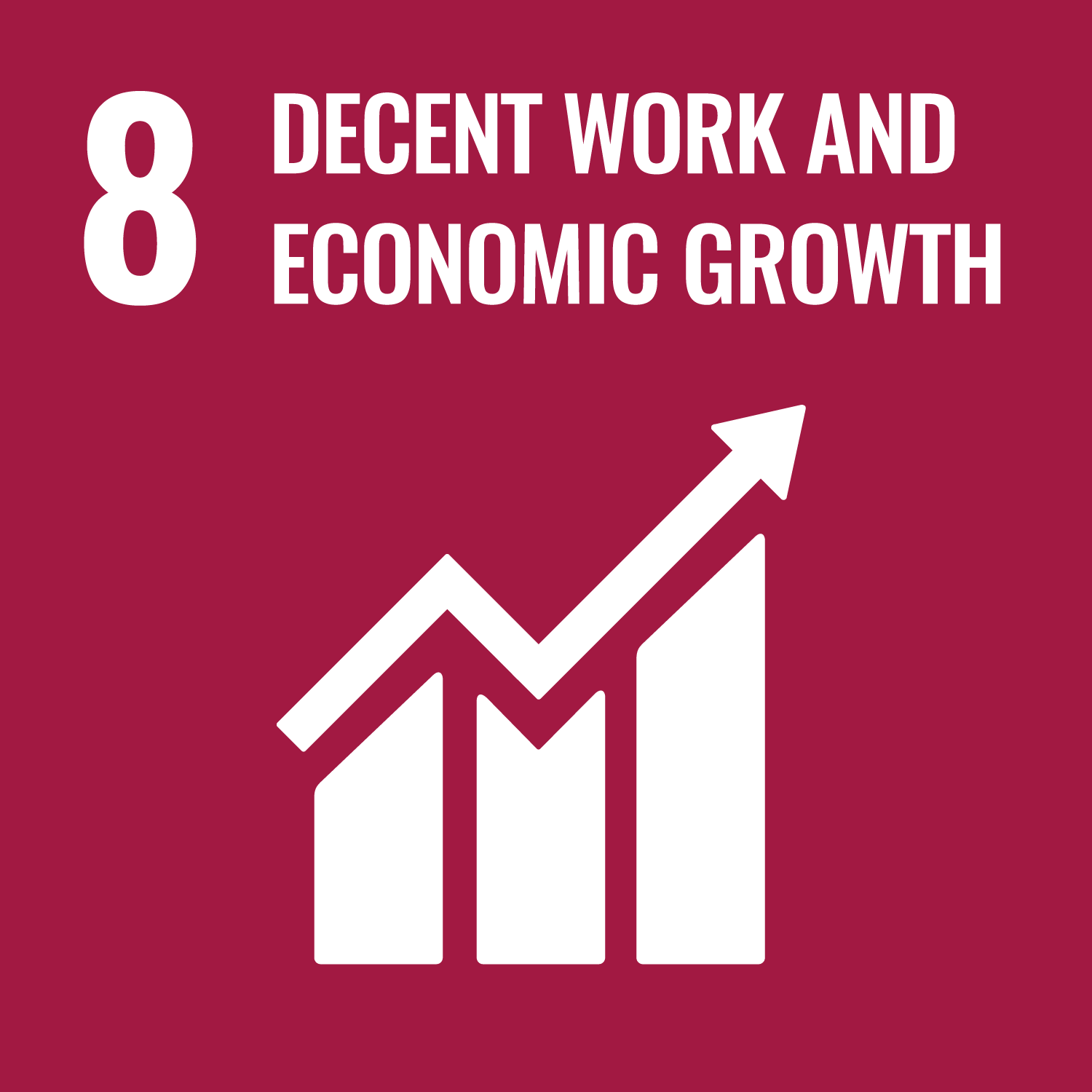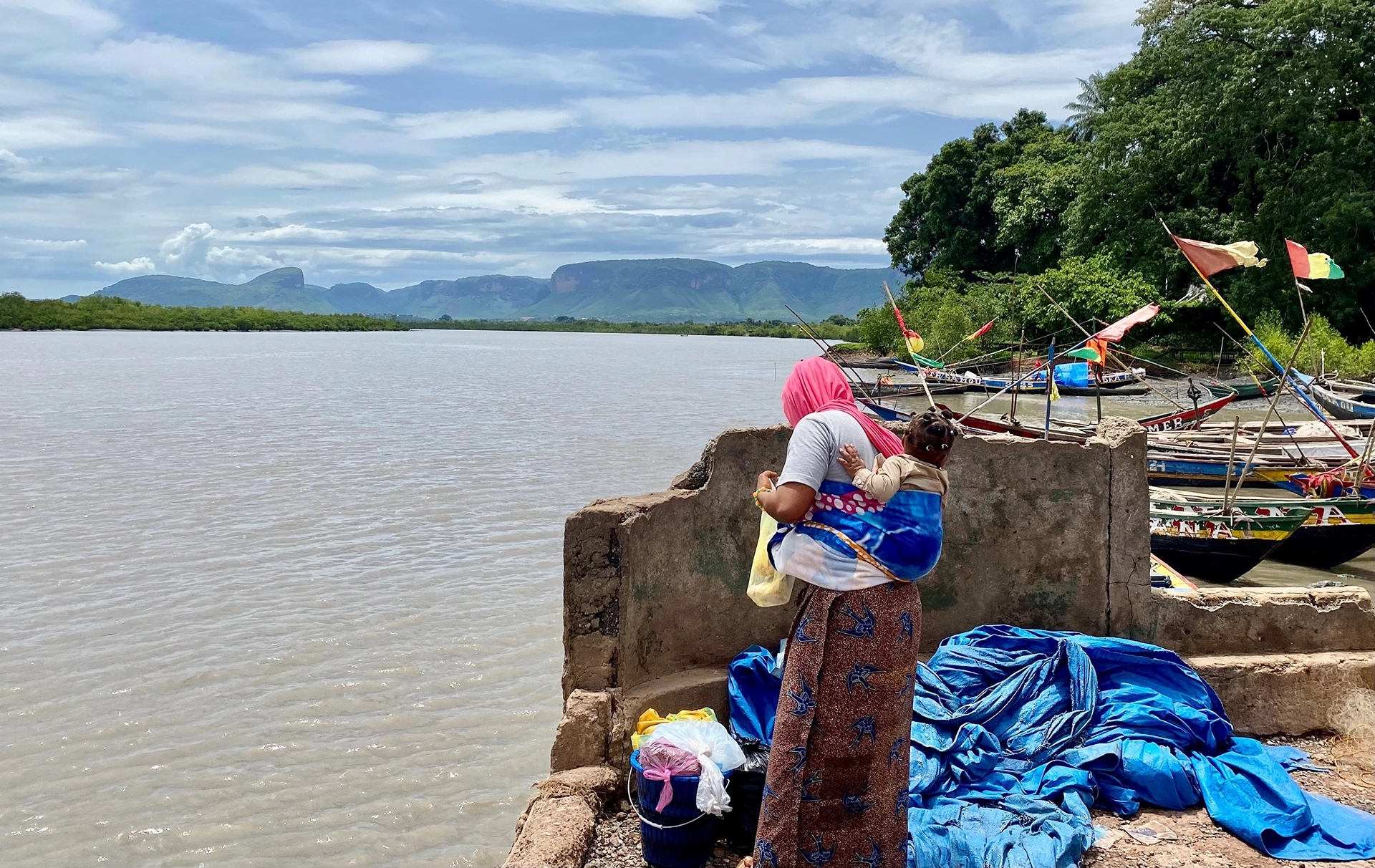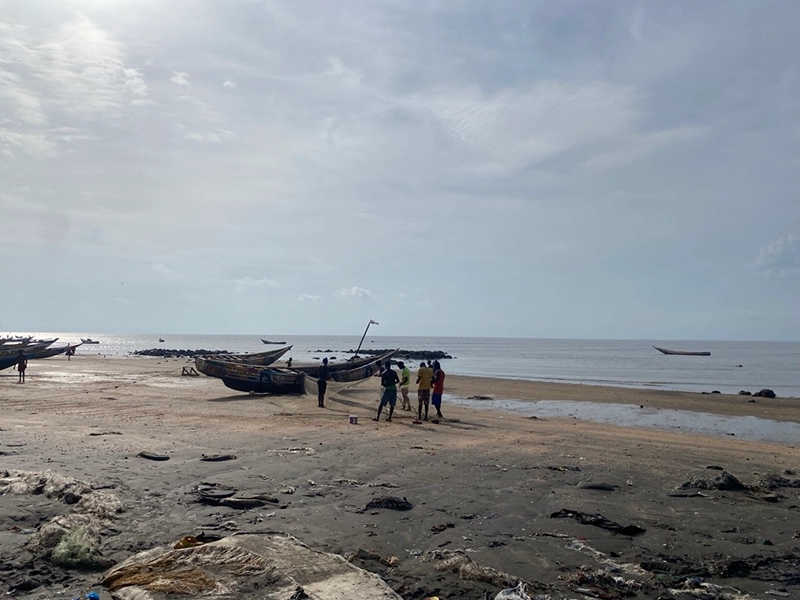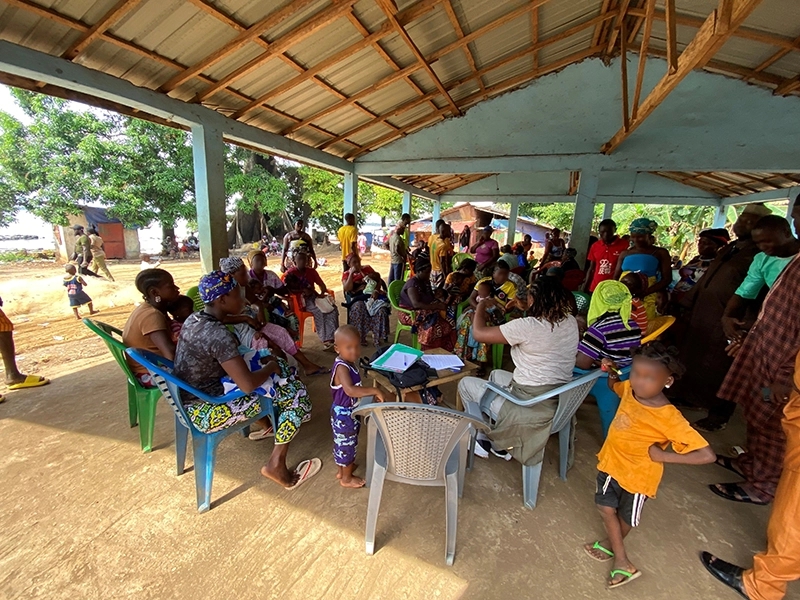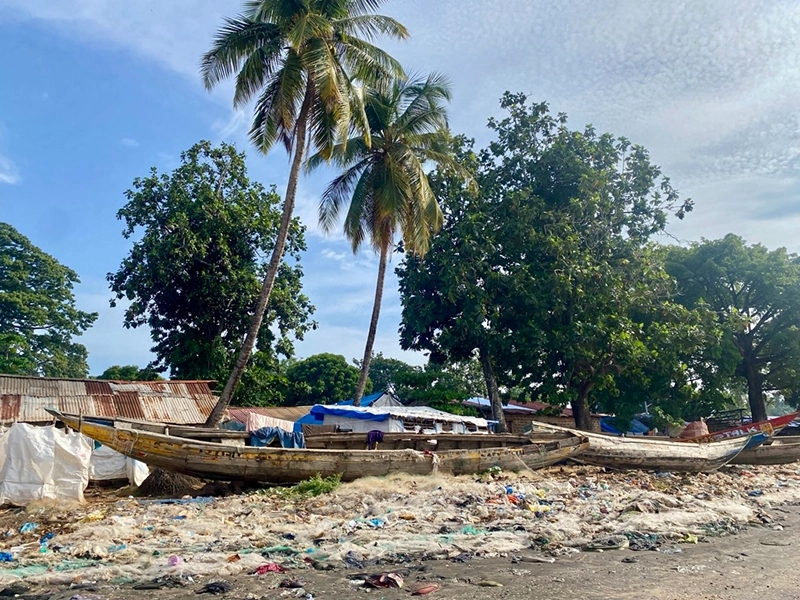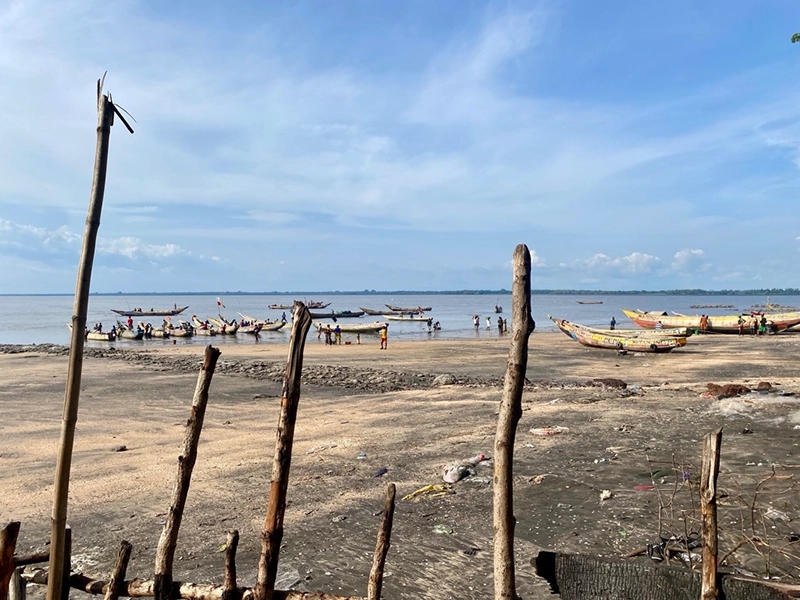Enhancing women's participation in small-scale fisheries in Guinea through tailored childcare services
A needs analysis to strengthen the social and economic resilience of coastal communities
Project
description
Women play a central role in artisanal fishing in Guinea, particularly in fish processing, smoking, drying, and marketing activities. Despite their key role, they face social and logistical constraints, including a lack of adequate childcare facilities, which hinders their full participation in the sector. “Designing childcare services adapted to artisanal fishing” is part of the Kounki project, co-financed by the World Bank and AFD, which aims to develop inclusive artisanal fishing infrastructure in Guinea. The main objective is to promote women's empowerment and economic participation, while ensuring the safety and well-being of children exposed to the conditions of smoking and processing sites. The results of the study are based on a participatory and gender-sensitive approach, placing the needs of women and young children at the heart of the diagnostic process.
Missions
& Services
The mission, conducted mainly in the field, is organized around several areas:
-
Institutional consultation: interviews with the Ministry of Fisheries and the Promotion of Women and Early Childhood, as well as with local authorities and community stakeholders, to ensure consistency with national social and economic development policies.
-
Participatory analysis: facilitation of discussion groups with women and men in the sector to identify concrete childcare needs and specific constraints related to women's work in artisanal fisheries.
-
In-depth contextual study: consideration of the cultural, regulatory, security, health, economic, and land tenure dimensions influencing the implementation of solutions.
-
Proposal for implementation in pilot sites: deployment of the mission in Taboriah and Matakang, two areas representative of the sector, to test and validate appropriate childcare models.
-
Operational recommendations: development of concrete proposals aimed at sustainably integrating childcare facilities into the Kounki Project infrastructure
Adapted childcare services are a strategic lever for empowering women and reducing gender inequalities in small-scale fishing. They enable women to better balance family life and economic activity, increase their income, and strengthen their role in local development. By providing a safer and more inclusive working environment, the Kounki Project is helping to bring about lasting change in the role of women in Guinea's fishing industry, while protecting children and strengthening the resilience of coastal communities.
Sustainable Development Goals (SDD) of the United Nations
